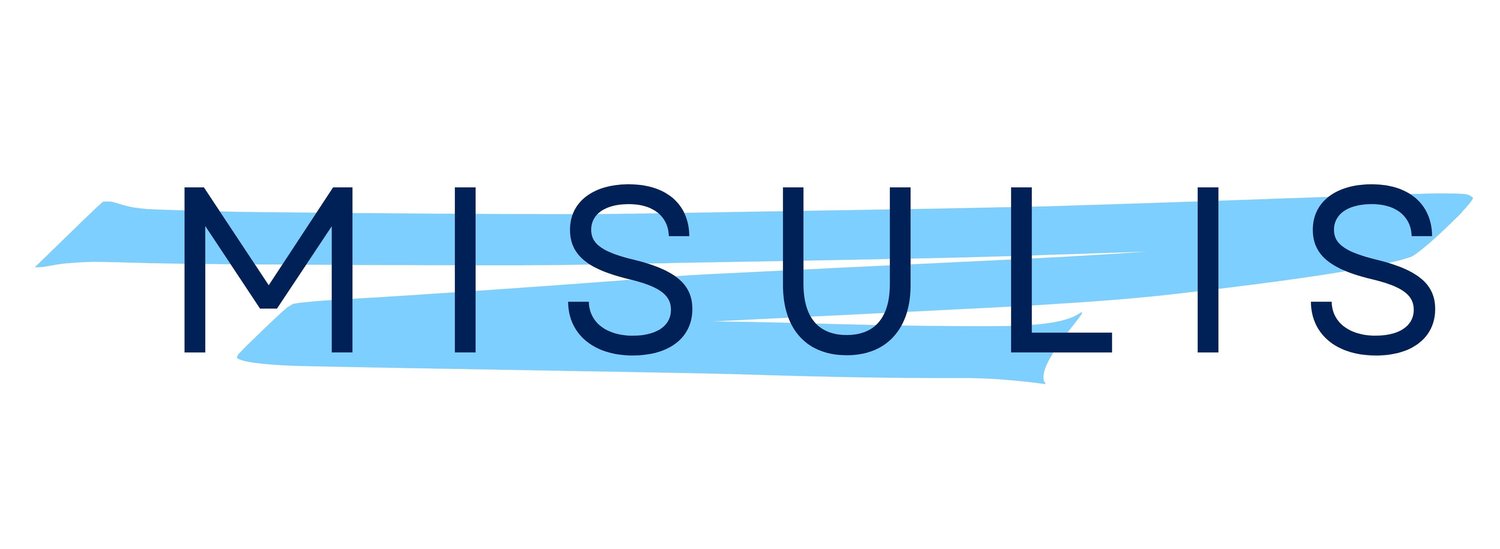Application Advice from the HR
Finding a job can be challenging. Finding a job with good pay, competitive benefits, and a comfortable work-life balance can feel impossible.
If filling out application after application and never getting a call back is an all too common struggle for you, listen up! At Misulis Group, we are always looking for ways to stay on the cutting edge of corporate culture and provide the most up-to-date advice to our clients. We met up with HR extraordinaire Ella from the Public Good Projects to talk about the hiring process from the other side of the desk. Ella got down and detailed with job seeking in the current market, the hiring process through the eyes of HR, and simple tips to bump you up – or down – on the list of potential new hires.
Ella works at The Public Good Projects, or PGP, a public health nonprofit that serves local communities through projects and initiatives. She is their Senior Manager of People Experiences, meaning she handles all HR and the initial stages of the hiring process.
As a stay-at-home mom working remotely while taking care of my kiddo, the first thing I had to ask Ella about was remote work. Remote or work-from-home jobs are a hot commodity. Since the pandemic, it seems like everyone is looking for ways to continue working from home as more and more companies are pushing workers back to the office.
How is hiring for a fully remote organization different from a more traditional work environment?
"I don't have any problem connecting with people through the screen, but that's not the case for everyone. It can be challenging if someone is naturally introverted or more reserved."
The Public Good Projects is a 100% remote working environment, so Ella has some valuable insight into the hiring processes for remote positions. According to her, a unique challenge faced in the remote working environment is how difficult it can be to connect over a computer. Most people know a connection is necessary for an interview to go well, but that's a little more difficult through a zoom or phone call. We tend to be more withdrawn over a video call than in person, so don't let the screen hold you back. If connecting with people is not your forte, try to loosen up and be more open in the virtual meeting space. Work to be more relaxed and dynamic when speaking, use inviting body language, and don't be afraid to laugh a little. Serious and professional are not synonyms. This awkwardness can be two-sided, so remember that your interviewer could also struggle with this. Having more experience with the interview process doesn't mean they can't feel uncomfortable over the phone or through the screen.
PGP is a smaller organization and does not employ AI resume scanning software. Ella reviews each resume herself and decides who gets to be in the maybe pile and who doesn't make the cut. She shared her thought process while sorting and some tips to ensure your resume doesn't get immediately thrown in the trash. Her advice to get noticed was surprisingly simple.
What are the most common mistakes candidates make while applying for a job?
"The most common thing I see is resumes and cover letters with spelling and grammar mistakes."
Make sure that your resume is written correctly and proofread it. Lazy editing, poor spelling, and simple grammar mistakes indicate to the hiring manager that an applicant doesn't care. A lazy resume is also an indication of your future work. No company wants to hire someone too lazy to double-check their work. So, if you don't want an immediate rejection, run it through spellcheck.
Another common thing that Ella sees is incomplete or incorrect applications. If the cover letter is missing or addressed to the wrong company, it's a clear sign that you don't care. Make sure you personalize your cover letter to the job and that all the details are correct.
When you write a cover letter, be specific. Reference work experience on your resume and connect it to the current role. Note the reasons for any gaps in your resume, so they don't have to hunt for answers. Talk about what you know about the company and why you want to work there. PGP is a health communications organization, so Ella often looks for some explanation or connection to the organization's mission. If you don't care about public health, you probably are not a good fit.
It doesn't mean you are automatically out if you don't have the exact qualifications they want. Include detail on why you feel like you would be a good fit for the company and what strengths you can bring to the table. If you lack the experience, address that in your cover letter and tell them how your limited experience shouldn't disqualify you because you have transferrable skills.
Your application is their first introduction to you as a potential employee, so make your first impression good. Take the time to reread your application before you hit submit. Make sure you have everything they asked for, answer all the questions, and work to show them why you are interested.
What advice do you have for people searching for a job in our current job market?
"It's an employees market right now, don't give up."
What if you followed all her tips and still didn't get the job? The best thing to do is keep looking. There are tons of openings now, and companies need good help. Take the time to personalize each resume and cover letter for the position, double-check everything, then let your experience speak for itself. Don't get demotivated because you aren't the right fit for a few companies.

